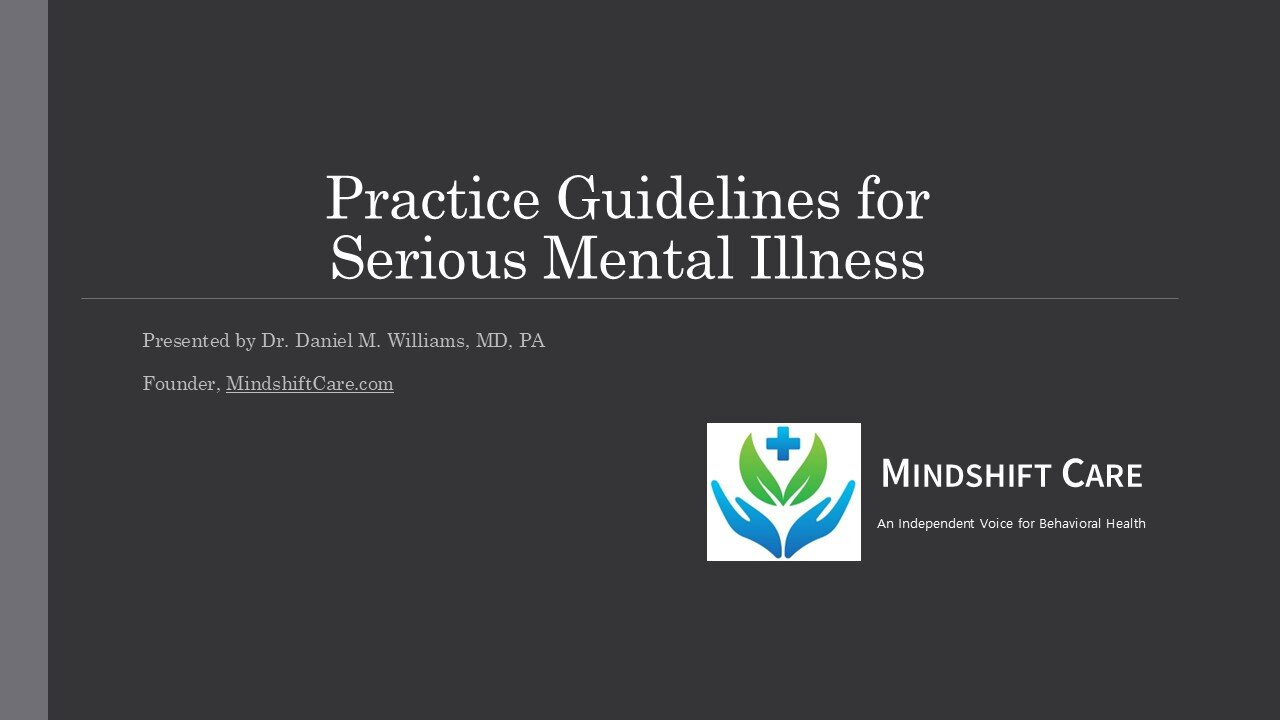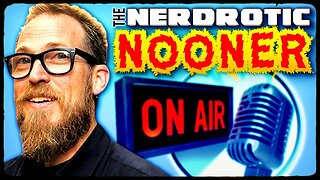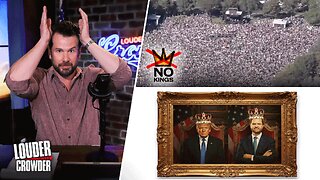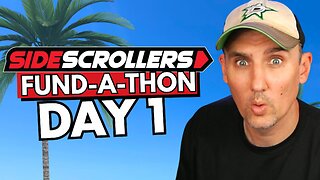Premium Only Content

Medication Guidelines for Serious Mental Illness
Summary of Diagnostic Criteria for Serious Mental Illnesses
*Major depressive disorder ~ 2 weeks of a collection of low mood and neurovegetative symptoms (appetite, sleep, energy, concentration, motivation, psychomotor agitation or retardation) with or without suicidal thoughts and psychotic features.
Schizophrenia ~ 6 months of predominantly psychotic symptoms, such as hallucinations, delusions.
Bipolar disorder ~ 7 days of a manic episode ever in life, including the combination of decreased need for sleep, grandiosity, and euphoria. Episodes can be depressed, manic, or mixed.
Schizoaffective disorder ~ Clinically significant depressive or manic episodes, but psychosis remains when the mood episodes are in remission for at least 2 weeks.
Bipolar Disorder is frequently confused with Intermittent Explosive Disorder
Western culture defines “bipolar” as impulsive anger flares. This is nothing like the manic episodes of bipolar disorder and it is possible to have an anger problem too.
Intermittent Explosive Disorder is truly an anger problem diagnosis. Features include unplanned, violent overreactions, such as arguments, punching holes, breaking cell phones and TV remotes. The guilt from the outbursts is often enough to trigger a full major depressive disorder, unless the person is antisocial and has no guilt.
In my practice…
A holistic approach to Intermittent Disorder would include Trileptal and a 2-Minute Speech, energy release work, and the Definite Major Purpose worksheet.
-
 7:42
7:42
Dr. Nick Zyrowski
5 hours agoNAC ( N-Acetyl Cysteine) - The Supplement the FDA Tried to Ban (Here’s Why)
4463 -
 2:03:34
2:03:34
Tucker Carlson
1 hour agoCovid Whistleblower: Predicting Pandemics & Exposing the CIA and Peter Daszak’s Alliance With China
9011 -
 35:26
35:26
Sean Unpaved
3 hours agoMLB Meets CFB Chaos: Ohtani's Unicorn Night, Napier's Swamp Exit, & Bama's Rivalry Roll!
4.7K -
 LIVE
LIVE
Nerdrotic
5 hours agoOne Woke After Another Isn't WOKE According to Woke People? - Nerdrotic Nooner 527
394 watching -
 1:03:26
1:03:26
Timcast
2 hours agoSecret Service Discovers HUNTING STAND Aimed At Trump, No Kings Protests FLOP
107K95 -
 2:03:54
2:03:54
Steven Crowder
5 hours agoNo Kings Lies Debunked: The Largest Protest Ever or Communist Psyop?
303K307 -
 LIVE
LIVE
Side Scrollers Podcast
21 hours ago🔴SIDE SCROLLERS FUND-A-THON🔴DAY 1🔴100% REVENUE HELPS CHANGE CULTURE!
805 watching -
 LIVE
LIVE
Rebel News
1 hour agoLiberal minister's silence over ostriches, Richmond land grab, Smith saves Ontario | Rebel Roundup
462 watching -
 20:01
20:01
Neil McCoy-Ward
1 hour ago🚨 The UK Can't Survive Much More of THIS...
4.75K4 -
 50:56
50:56
The Rubin Report
3 hours ago‘Real Time’ Crowd Roars for Bill Maher Pointing out Hypocrisy of Protesters
27.7K34